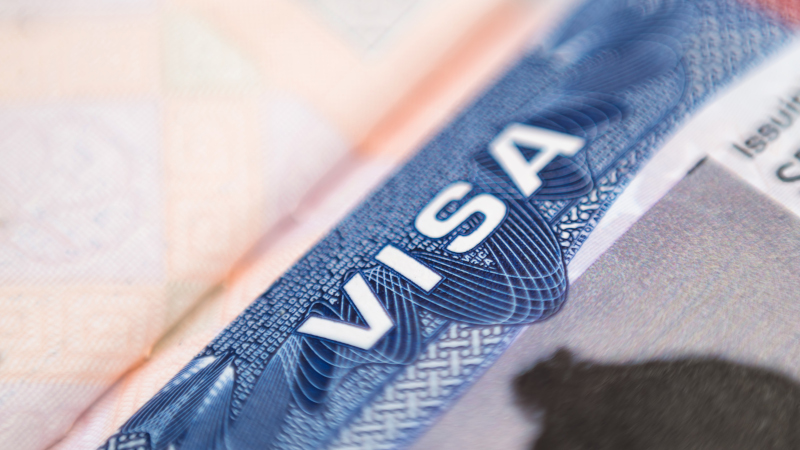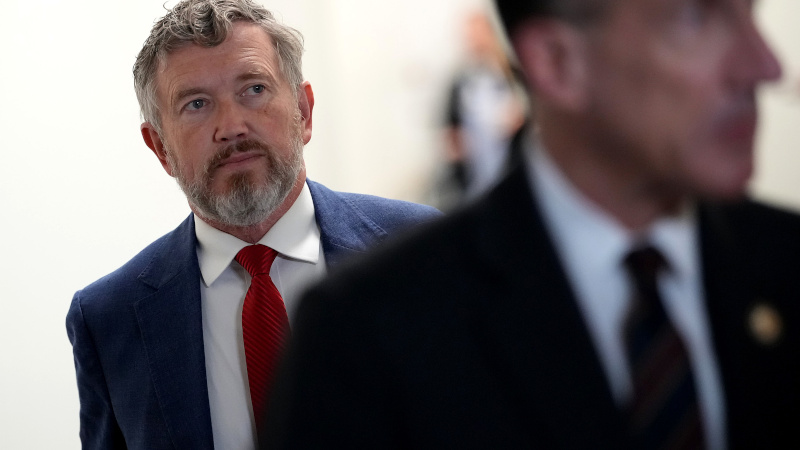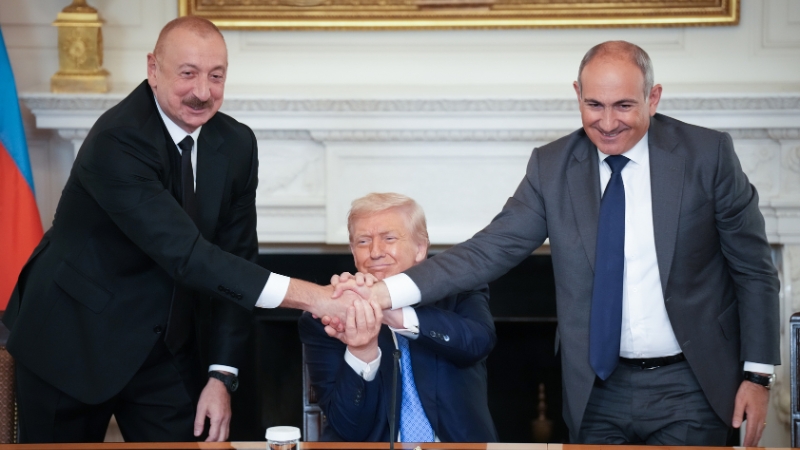 Image Credit: Alexander W Helin | Getty Images
Image Credit: Alexander W Helin | Getty Images A new U.S. pilot program is set to slap risky visa applicants with bonds up to $15,000, a steel barrier to deter overstays and bolster national security.
Several nations previously targeted by Trump’s travel ban, such as Chad, Eritrea, Haiti, Myanmar, and Yemen, have above average visa overstay rates.
Targeting travelers from high-risk nations, the initiative mandates deposits of $5,000, $10,000, or $15,000 for business or tourist visas. It’s a calculated strike to ensure compliance, protecting American communities from the chaos of unchecked immigration.
The policy hits hard. Consular officers set the bond based on risk, a judgment that weighs a traveler’s intent against the nation’s safety. Non-compliance means forfeiture, funds fueling enforcement efforts.
Refundable upon departure, the deposit demands discipline—stay legal, leave on time, or pay the price.
For Americans, it’s a safeguard, tightening the border against those who might vanish into the shadows, straining resources or threatening stability.
Critics call it harsh, but the math is clear: overstays fuel illegal immigration, clogging systems and risking security.
In 2023, over 565,155 visa holders overstayed, a flood that burdens communities and law enforcement according to the Department of Homeland Security.
This program, born from Trump’s immigration playbook, aims to stem that tide. Travelers with clean records and clear intent face no issue; the bond returns when they honor the rules.
For citizens, the stakes are personal. Families want safe streets, secure jobs, and a system that prioritizes their future. The visa bond is a muscle flexed to protect those values, ensuring visitors respect the law: a tough but necessary line drawn to preserve the nation’s strength and safety.
Democrats Would Lose 30 Seats in Congress Under Trump’s Plan to Remove Illegals From Census



